These graphs illustrate how rapidly scaling the nuclear industrial base would enable nearer-term decarbonization and increase capital efficiency, versus a five-year delay to reach the same 200 GW deployment by 2050. (Source: DOE, Pathways to Commercial Liftoff: Advanced Nuclear, Fig. 1)
The Department of Energy released Pathways to Commercial Liftoff: Advanced Nuclear earlier this month. It is one of the first in a series of reports on clean energy technologies and the private and public investments needed to overcome hurdles to full-scale deployment. The report makes a clear case for investment in nuclear power and challenges potential investors and operators to move beyond the current “wait and see” stalemate and generate “a committed orderbook . . . for 5–10 deployments of at least one reactor design by 2025.”
Romanian president Klaus Iohannis (center left) met with UAE president Sheikh Mohamed bin Zayed Al Nahyan (center right) on March 21. The MOU between Nuclearelectrica and ENEC was announced during the meeting. (Photo: Ligia Deca)
Nuclearelectrica has signed a memorandum of understanding with Emirates Nuclear Energy Corporation (ENEC) to provide both parties with an enabling framework for potential collaboration on the development and expansion of nuclear energy programs in Romania and the United Arab Emirates, as well as in Central and Eastern Europe.
In a global market with different national regulations, on-site testing of power plant components can be complex. Thanks to smart glasses, remote testing should become easier.
March 29, 2023, 9:30AMNuclear NewsChristoph Gatzen and Simon Lemin VR glasses from manufacturer RealWear.
The challenges of climate change are bringing nuclear energy back into focus. Even in Germany, which decided on a general nuclear phaseout in 2011 as a response to the Fukushima disaster that year, nuclear energy is again being discussed as a bridging technology. Compared with fossil fuels, nuclear saves considerable greenhouse gases. However, for a holistic view of CO2 emissions from power plants, the procurement, maintenance, and repair of plant components must also be considered. At the very least, the CO2 emissions caused by the high costs of testing and maintaining a nuclear power plant can be reduced.
A rendering of Last Energy's nuclear power plant. (Image: Last Energy)
Startup company Last Energy has announced power purchase agreements for 34 units of its 20-MWe nuclear power plants with four industrial partners in Poland and the United Kingdom. In total, according to the company, the deals represent more than $18.9 billion in electricity sales.
A technical collaboration agreement was signed by (seated from left) Jay Wileman, GEH; Jeff Lyash, TVA; Ken Hartwick, OPG; and Rafał Kasprów, SGE; and was observed by dignitaries and an audience both in-person and online. (Photo: TVA)
“I’m glad you came to our party!” said GE Hitachi Nuclear Energy (GEH) chief nuclear officer Nicole Holmes as she prepared to announce that Wilmington, N.C.–based GEH will develop a standard design for its BWRX-300 boiling water small modular reactor with not one but three power producers representing three countries: Tennessee Valley Authority (TVA), Ontario Power Generation (OPG), and Synthos Green Energy (SGE). Celebration was a theme throughout the March 23 event held in Washington, D.C., which was flush with dignitaries representing the United States, Canada, and Poland.
Seabrook nuclear power plant, located in southern New Hampshire. (Photo: NextEra Energy)
According to a new study conducted by the economics consulting firm Analysis Group, “Massachusetts utilities could save their customers $880 million to more than $2 billion by 2032 by entering into a long-term power purchase contract with the Seabrook Station nuclear plant.” The study, Economic and Environmental Benefits to Massachusetts from the Operation of the Seabrook Nuclear Plant, also found that operation of the plant through 2032 is expected to contribute as much as $2.9 billion to the state’s economy and reduce regional greenhouse gas emissions by 5 million tons per year.
A rendering of the BWRX-300 small modular reactor. (Image: NRC)
GE Hitachi Nuclear Energy’s (GEH’s) BWRX-300 technology has completed phases 1 and 2 of the Canadian Nuclear Safety Commission’s vendor design review (VDR) process, the Wilmington, N.C.–based company announced yesterday.
EDF Energy’s Hartlepool nuclear plant, in northeastern England. (Photo: Wikipedia/Geni)
EDF Energy, owner and operator of the United Kingdom’s nuclear reactor fleet, announced last week that it intends to keep its Hartlepool and Heysham 1 stations in operation to March 2026—two years past their previously scheduled 2024 retirement dates. EDF added that an additional 12 months of operation beyond 2026 is being contemplated.
A rendering of a NuScale VOYGR plant. (Image: NuScale)
NuScale Power, the Portland, Ore.–based small modular reactor developer, announced last week that it has placed the first upper reactor pressure vessel (RPV) long-lead material (LLM) production order with South Korea’s Doosan Enerbility.
Constellation’s Nine Mile Point nuclear power plant. (Photo: Constellation Energy)
A nuclear-powered hydrogen production facility has commenced operation at Constellation Energy’s Nine Mile Point plant, the company announced this week. The facility is the first of its kind in the United States to generate hydrogen using nuclear power, courtesy of the New York plant’s two boiling water reactors, the 620-MWe Unit 1 and 1,287-MWe Unit 2.
The Monticello nuclear power plant. (Photo: NRC)
The Nuclear Regulatory Commission has accepted for review Northern States Power Company’s subsequent license renewal application for its Monticello nuclear power plant. A notice of the agency’s decision, along with information on requests for a hearing in the matter, was published in the March 3 Federal Register.
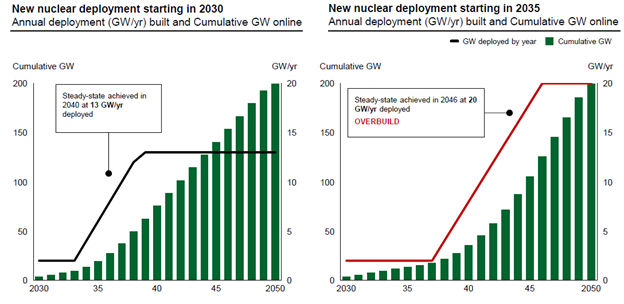




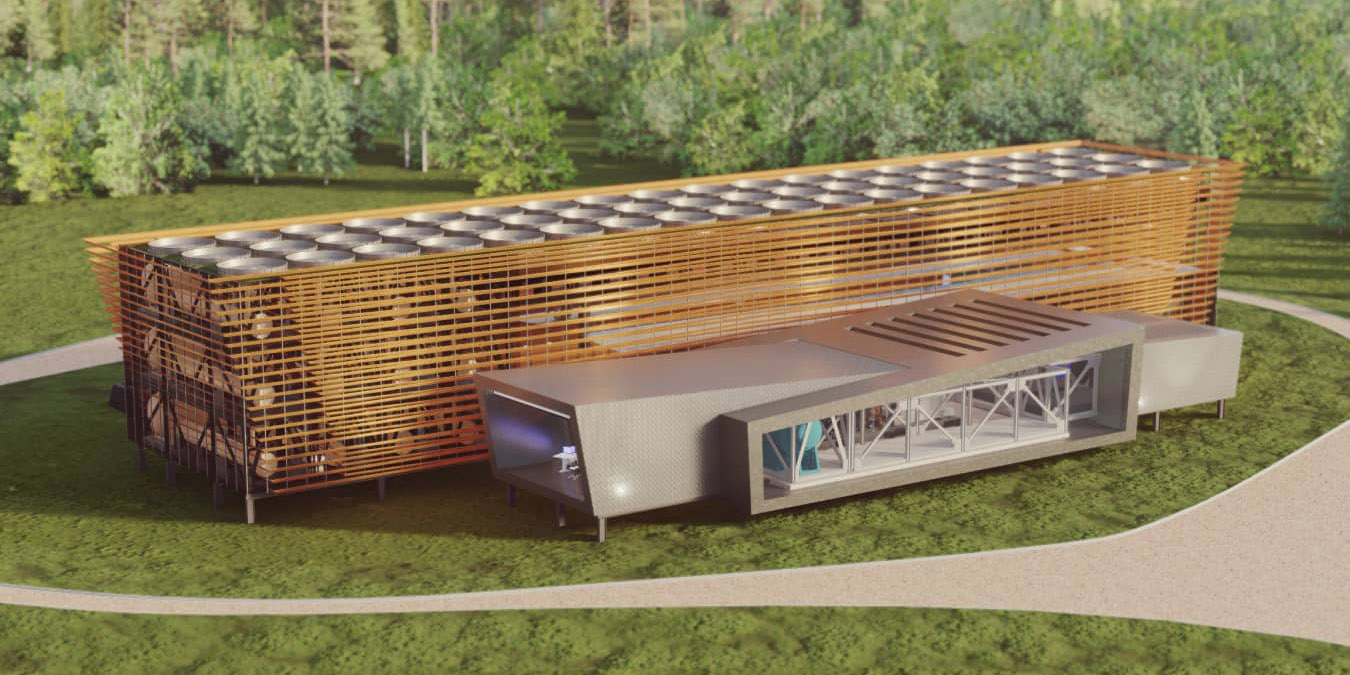
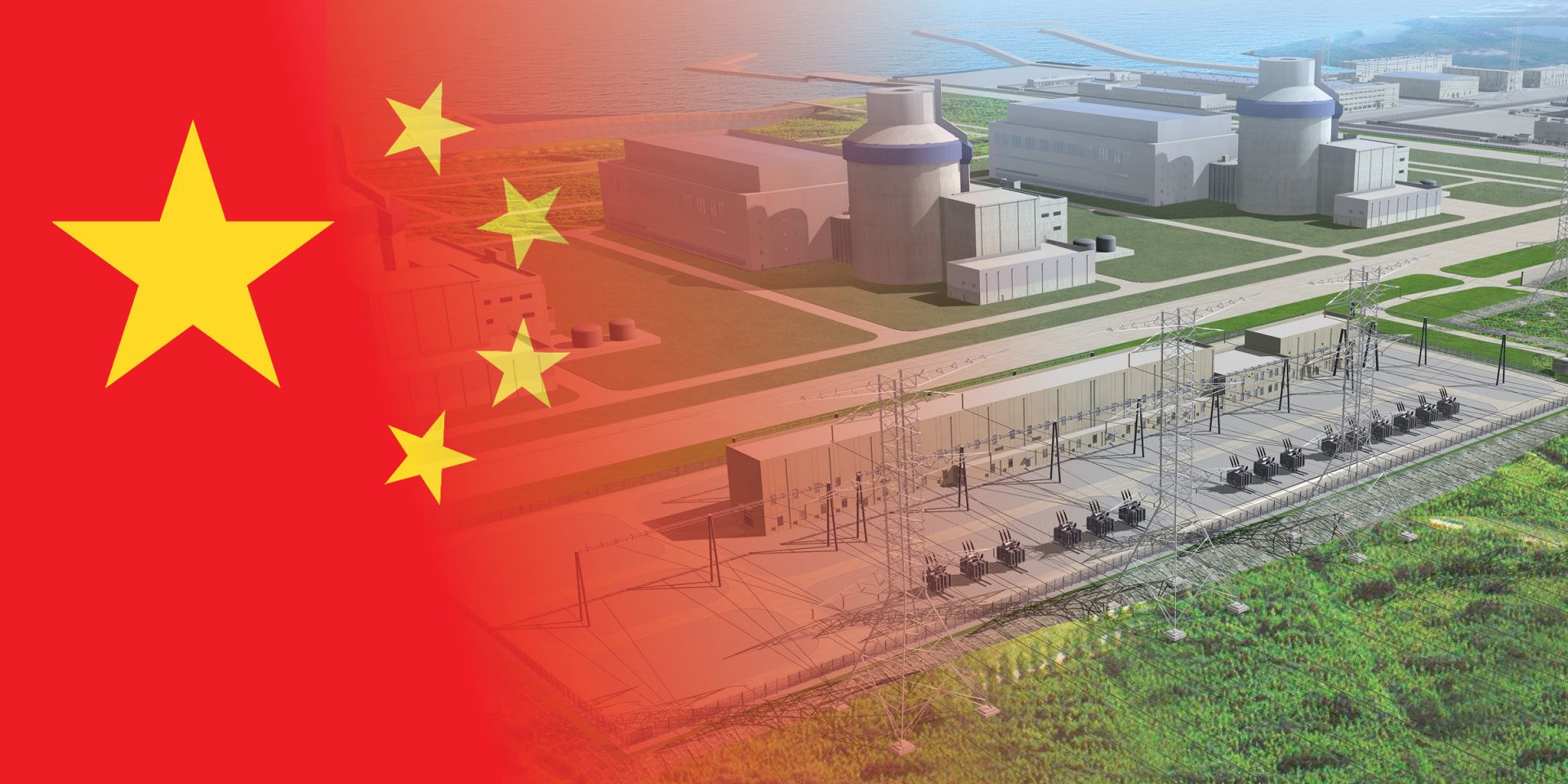
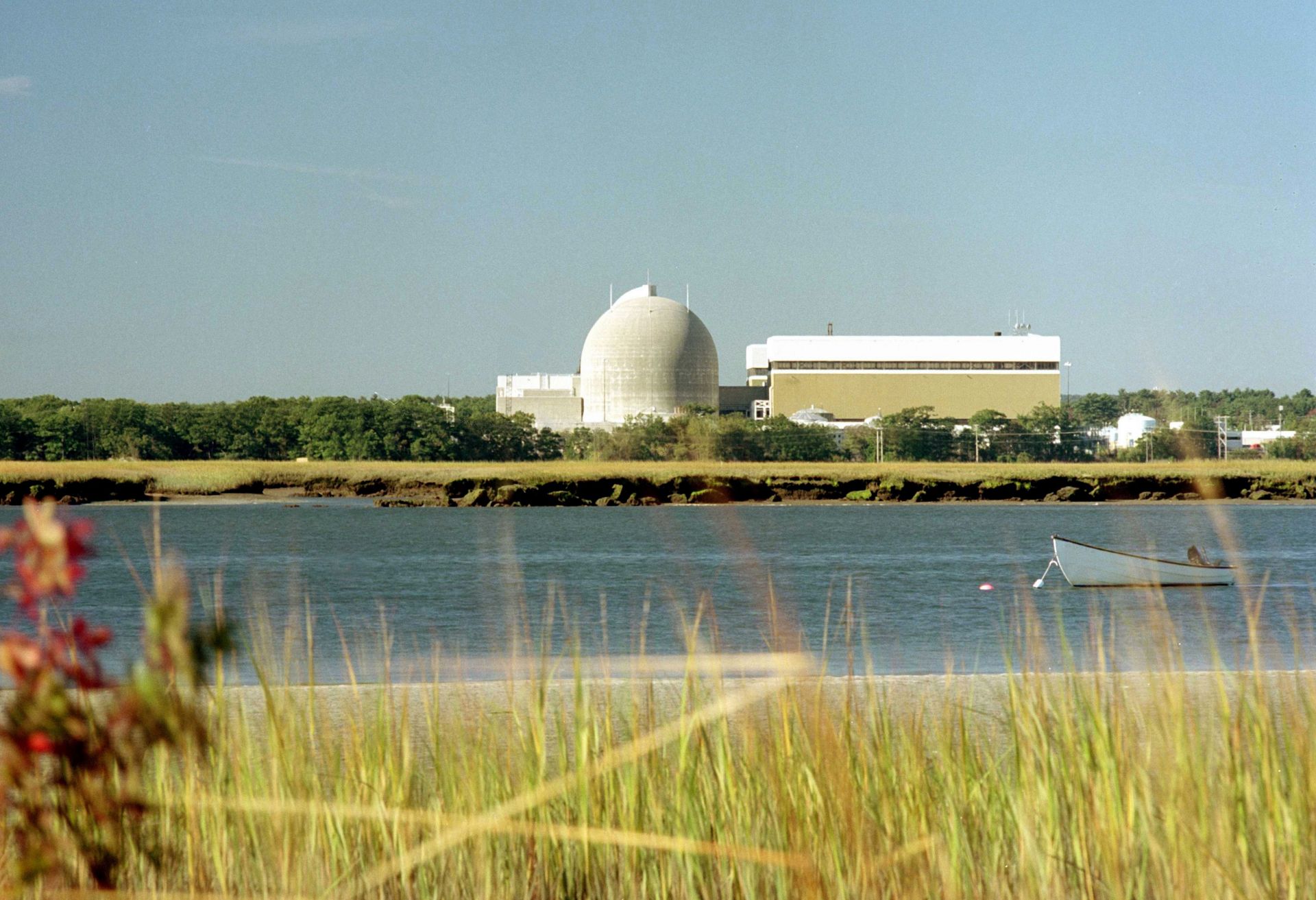


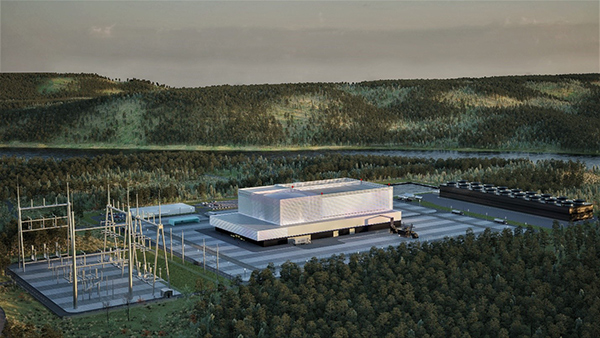
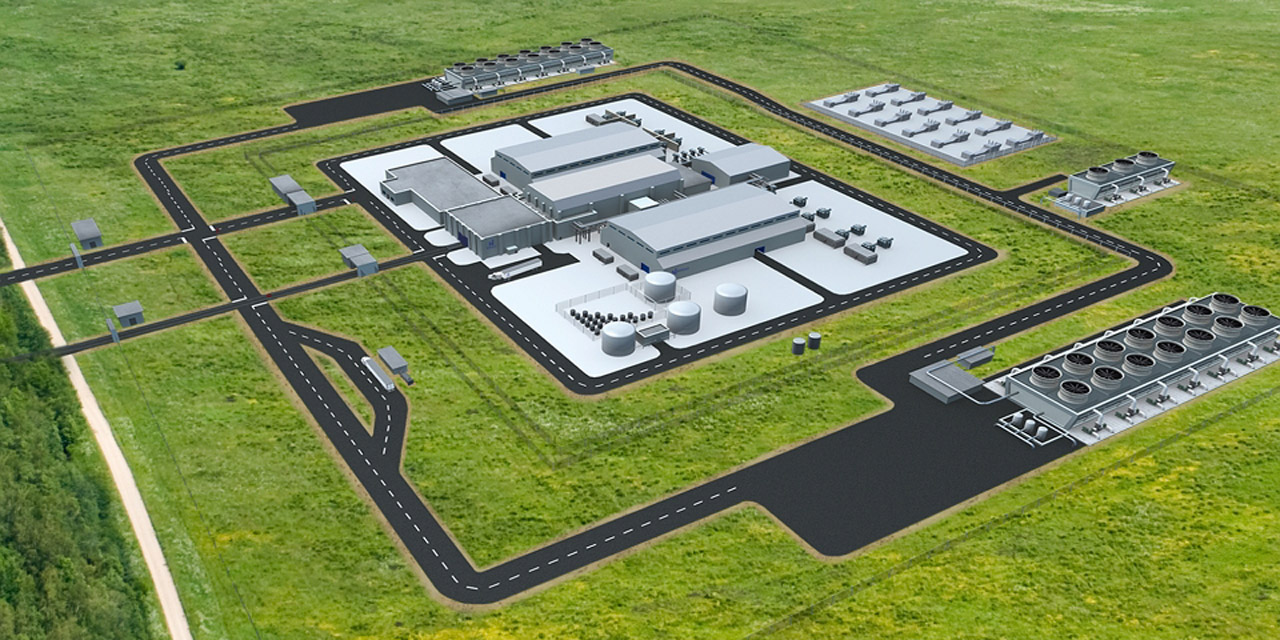
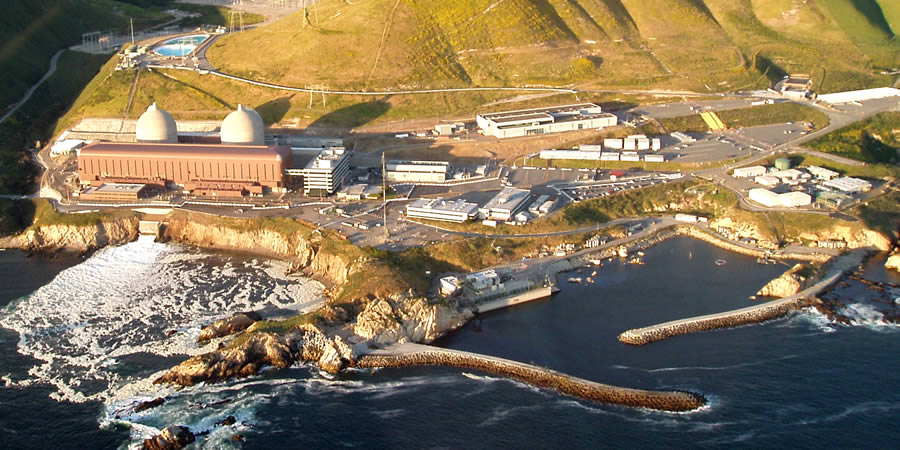
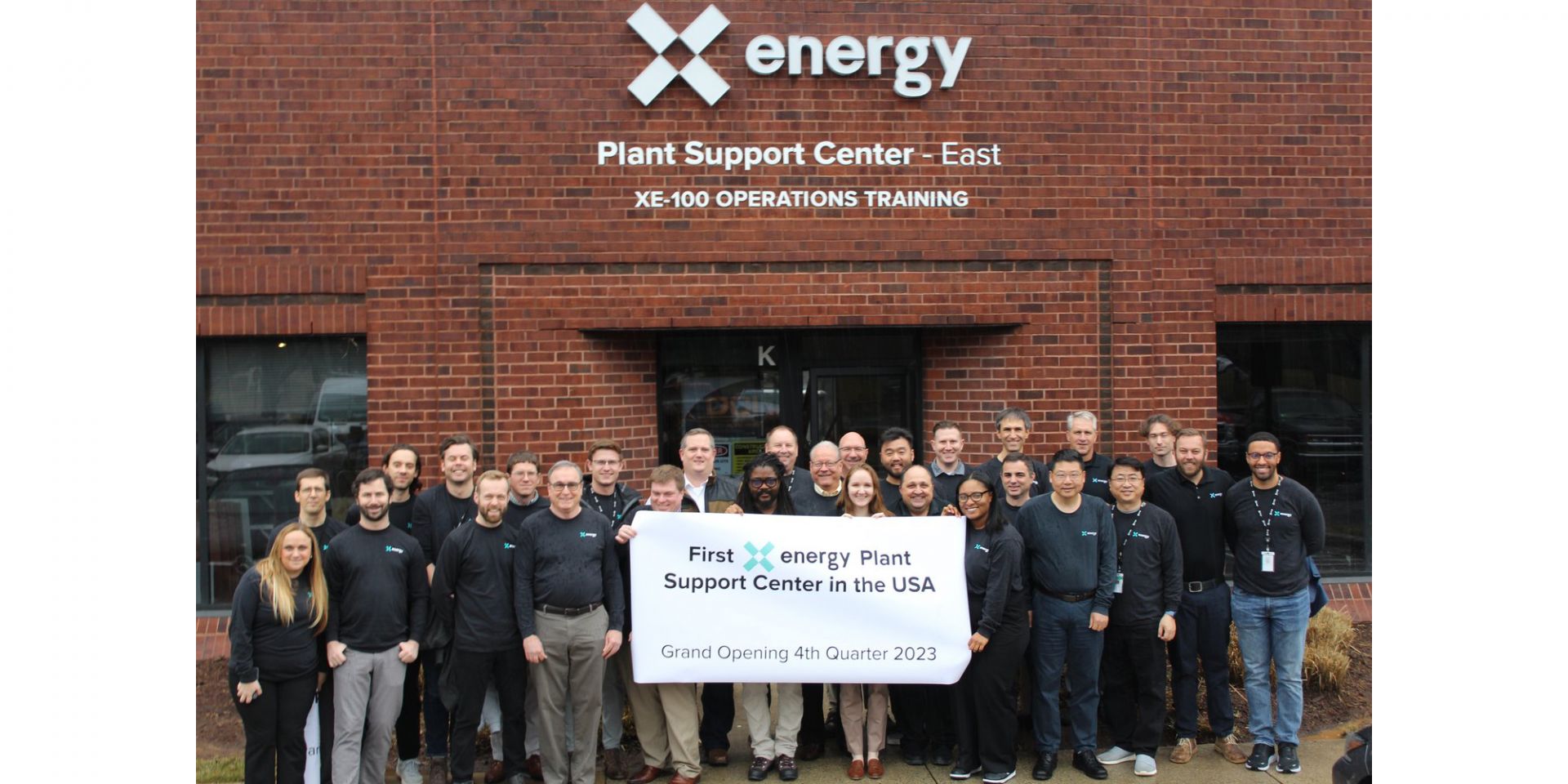
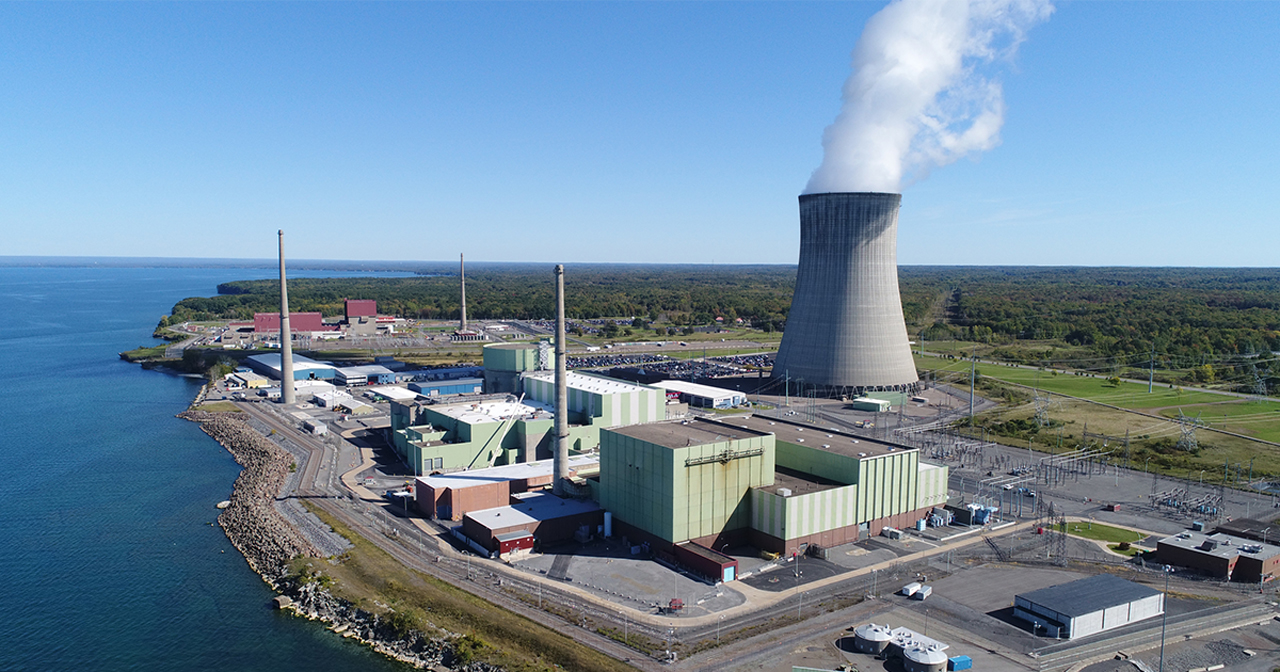
.jpg)